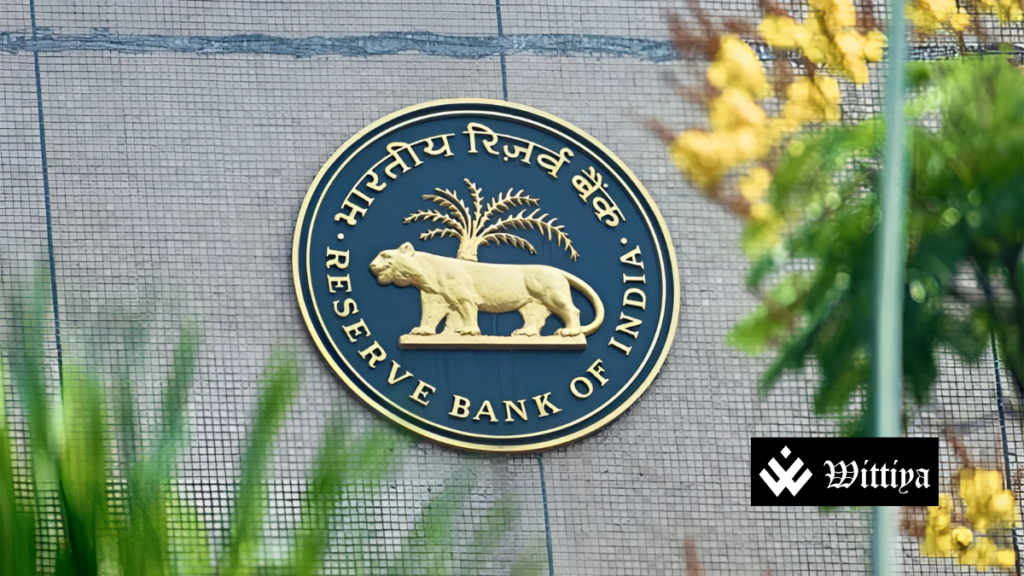The Reserve Bank of India (RBI) has directed all banks to participate in special clearing operations on March 31, 2025, ensuring the proper accounting of government transactions for the financial year 2024-25. Income tax and CGST offices across India will remain open from March 29 to March 31, despite the weekend and Eid-al-Fitr.
The Reserve Bank of India (RBI) has instructed all banks to participate in special clearing operations on March 31, 2025, to ensure the seamless accounting of government transactions for the financial year 2024-25. The decision comes as India’s financial year follows an April 1 to March 31 cycle, making it necessary to complete all transactions within the stipulated timeframe.
To facilitate smooth financial operations, the Income Tax Department and the Central Goods and Services Tax (CGST) offices will remain open across the country from March 29 to March 31, despite the weekend and the possible occurrence of Eid-al-Fitr on March 31. This move is aimed at assisting taxpayers in completing their financial obligations before the fiscal year concludes.
The RBI emphasized that all government transactions conducted by agency banks must be accounted for within the current financial year. It has directed agency banks to keep all branches dealing with government receipts and payments open during regular working hours on March 31.
Additionally, the RBI issued a circular detailing that regular clearing timings under the Cheque Truncation System (CTS) applicable to a working Monday will be followed on March 31. The circular further specified that a special clearing session under CTS, exclusively for government cheques, will take place on March 31, with the presentation window from 5:00 PM to 5:30 PM and the return session from 7:00 PM to 7:30 PM.
All member banks of CTS have been instructed to keep their inward clearing processing infrastructure operational during the special clearing hours and maintain sufficient balances in their clearing settlement accounts to meet their financial obligations.
This directive is part of the RBI’s broader strategy to streamline government financial transactions, ensuring accurate accounting before the financial year concludes. The special measures reinforce the banking sector’s role in maintaining financial stability and compliance with fiscal regulations.



